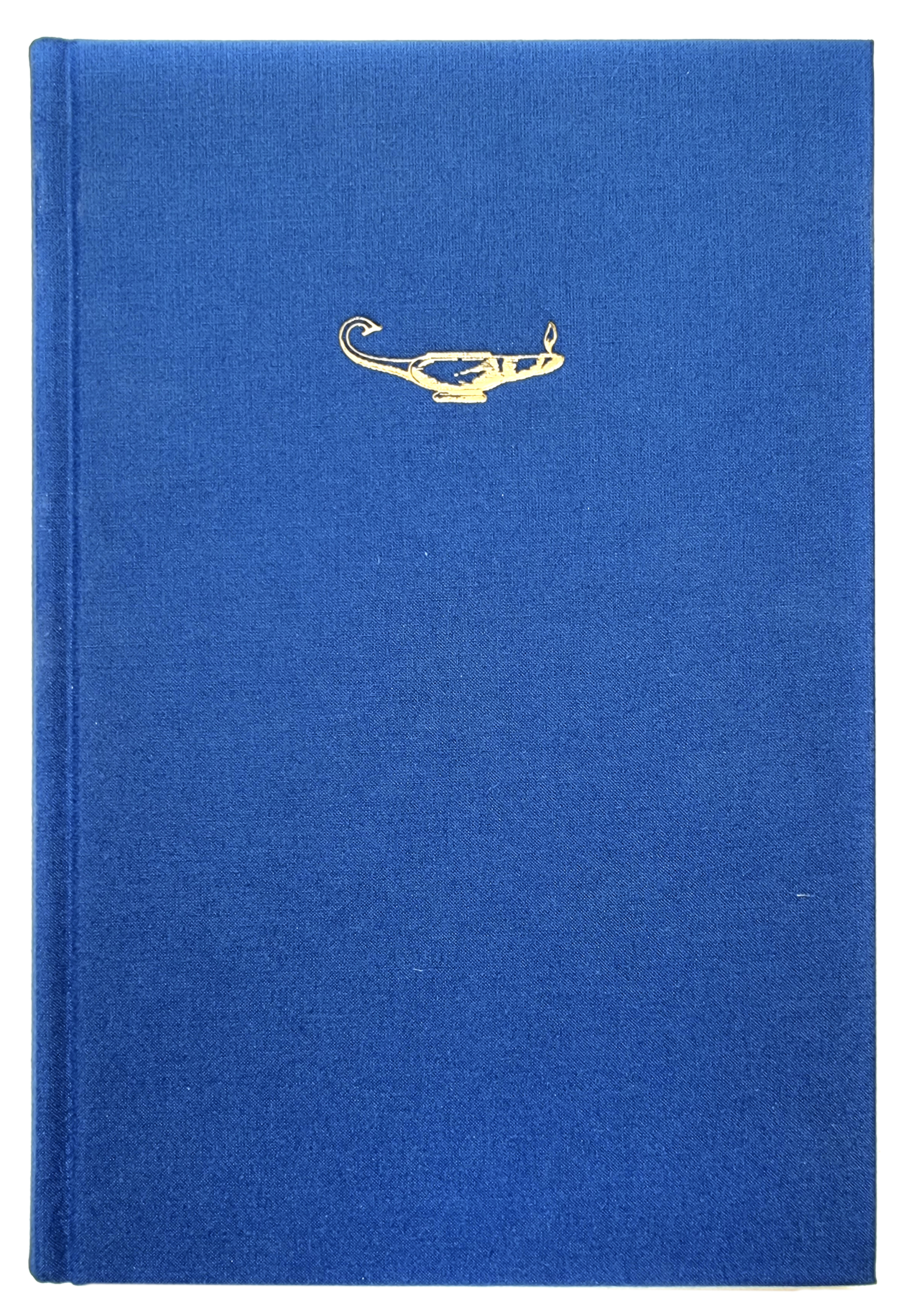Passionens politik och makt
Kärlek, våld och alternativ historiografi i Madame de Villedieus Les Annales galantes (1670) och Les Désordres de l’amour (1675)
Nyckelord:
Villedieu, absolutism, historiography, passions, nouvelle historiqueAbstract
The politics of passion and power: Love, violence and alternative historiography in Madame de Villedieu’s Les Annales galantes (1670) and Les Désordres de l’amour (1675) by Sofia Warkander, PhD Candidate in Literature, the Department of culture and aesthetics, Stockholm University
Madame de Villedieu was a key figure in the creation of a new genre, the nouvelle historique. Born under the Classicism of Louis XIV, it developed in great part in contrast to the baroque or heroic novel. With multiple narratives of passionate love set in different lands and times,
this nascent genre relates to the contemporary manifold discourses of passion. Its birth can be read as an insertion of something new or a shift in emotional regime in the time-place of Villedieu’s literary production, the absolute monarchy of the early reign of the Sun King.
In Les Annales galantes (1670) and Les Désordres de l’amour (1675), Villedieu juxtaposes anarchic passionate love in relation to monarchical power, in a comparison that implicitly criticizes the self-fashioning of absolutism as inherently rational. The nouvelle historique, whose conception and performance is dominated by women in the role of writer as well as that of reader, appears to undermine doxal historiography, replacing it with a history of political deeds and decisions motivated by hidden, forbidden, and corrupting passion. In dialogue with scholars such as Faith Beasley and Patricia Cholakian, I read Villedieu’s nouvelles as an exploration of the links between passion and violence of a state where the person of the monarch is intermingled with its institution: the chaos of one as bound to the lawlessness of the other.
Downloads
Publicerad
Nummer
Sektion
Licens
This work is licensed under a Creative Commons Attribution 4.0 International License. The copyright for the work published in Lychnos remains with the authors.


